Description
The Sunshine Vitamin: Unpacking the Power of Vitamin D3
Vitamin D3, often dubbed the “sunshine vitamin,” is more than just a trendy supplement. It’s a crucial nutrient playing a vital role in a multitude of bodily functions, influencing everything from bone health to immune response. While our bodies can naturally produce Vitamin D3 when exposed to sunlight, many people, particularly those living in northern latitudes or with limited sun exposure, struggle to obtain sufficient levels. This makes understanding the importance of Vitamin D3 and how to ensure adequate intake crucial for overall well-being.
What is Vitamin D3 and Why is it Important?
Vitamin D is actually a fat-soluble prohormone, meaning it’s a precursor to a hormone. Vitamin D3, also known as cholecalciferol, is the form that’s naturally produced in the skin when exposed to ultraviolet B (UVB) radiation from the sun.
Its primary function is to help the body absorb calcium and phosphorus, two minerals essential for building and maintaining strong bones and teeth. Without sufficient Vitamin D3, the body can’t properly absorb these minerals, leading to weakened bones and potentially increasing the risk of conditions like osteoporosis and rickets (in children).
Beyond bone health, Vitamin D3 plays an important role in:
- Immune Function: Vitamin D3 helps regulate the immune system, supporting its ability to fight off infections and illnesses. Deficiencies have been linked to increased susceptibility to respiratory infections, including the flu and COVID-19.
- Muscle Function: Adequate Vitamin D3 levels are important for muscle strength and function. Deficiency can lead to muscle weakness and pain.
- Heart Health: Research suggests a link between Vitamin D3 deficiency and an increased risk of cardiovascular disease.
- Mood Regulation: Some studies suggest that Vitamin D3 may play a role in mood regulation and may help alleviate symptoms of depression.
Are You Getting Enough Vitamin D3?
The most reliable way to determine your Vitamin D levels is through a blood test. However, certain factors can increase your risk of deficiency:
- Limited Sun Exposure: Spending most of your time indoors, wearing sunscreen regularly, or living in regions with long winters can all limit sunlight exposure and Vitamin D3 production.
- Darker Skin Pigmentation: Melanin, the pigment responsible for skin color, absorbs UVB radiation, making it harder for darker-skinned individuals to produce Vitamin D from sunlight.
- Age: As we age, our skin becomes less efficient at producing Vitamin D3.
- Obesity: Vitamin D is stored in body fat, so obese individuals may need higher doses to maintain adequate levels.
- Certain Medical Conditions: Conditions like Crohn’s disease, celiac disease, and cystic fibrosis can interfere with Vitamin D absorption.
How to Increase Your Vitamin D3 Levels:
While sunshine is the ideal source, it’s not always practical or possible to get enough. Here are several ways to boost your Vitamin D3 levels:
- Sunlight Exposure: Aim for 10-30 minutes of midday sun exposure several times a week, without sunscreen, to your face, arms, and legs. Be mindful of sunburn and adjust exposure time based on your skin type and the intensity of the sun.
- Vitamin D3 Supplements: Vitamin D3 supplements are widely available and an effective way to increase Vitamin D levels, particularly during the winter months. Consult with your doctor or a registered dietitian to determine the appropriate dosage for your individual needs.
- Dietary Sources: While not as potent as sunlight or supplements, some foods naturally contain Vitamin D3, including:
- Fatty fish (salmon, tuna, mackerel)
- Egg yolks
- Fortified foods (milk, cereal, orange juice)
The Takeaway:
Vitamin D3 is an essential nutrient for overall health and well-being. Ensuring adequate levels through sunlight exposure, supplements, and a healthy diet is crucial for maintaining strong bones, a healthy immune system, and optimal overall health. If you suspect you might be deficient, talk to your doctor about getting your Vitamin D levels tested and discussing the best approach to ensure you’re getting enough of this vital nutrient. Don’t underestimate the power of the sunshine vitamin!

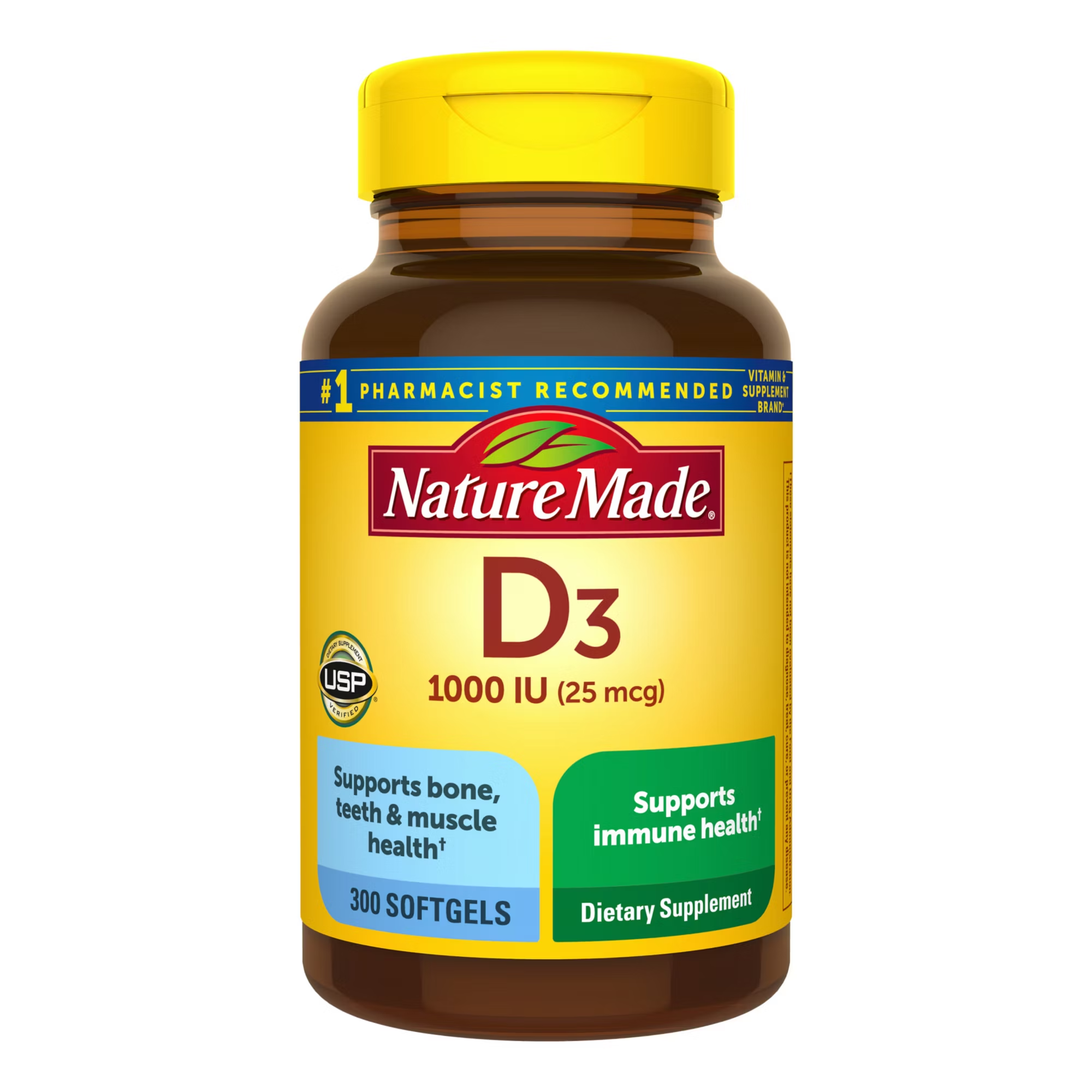
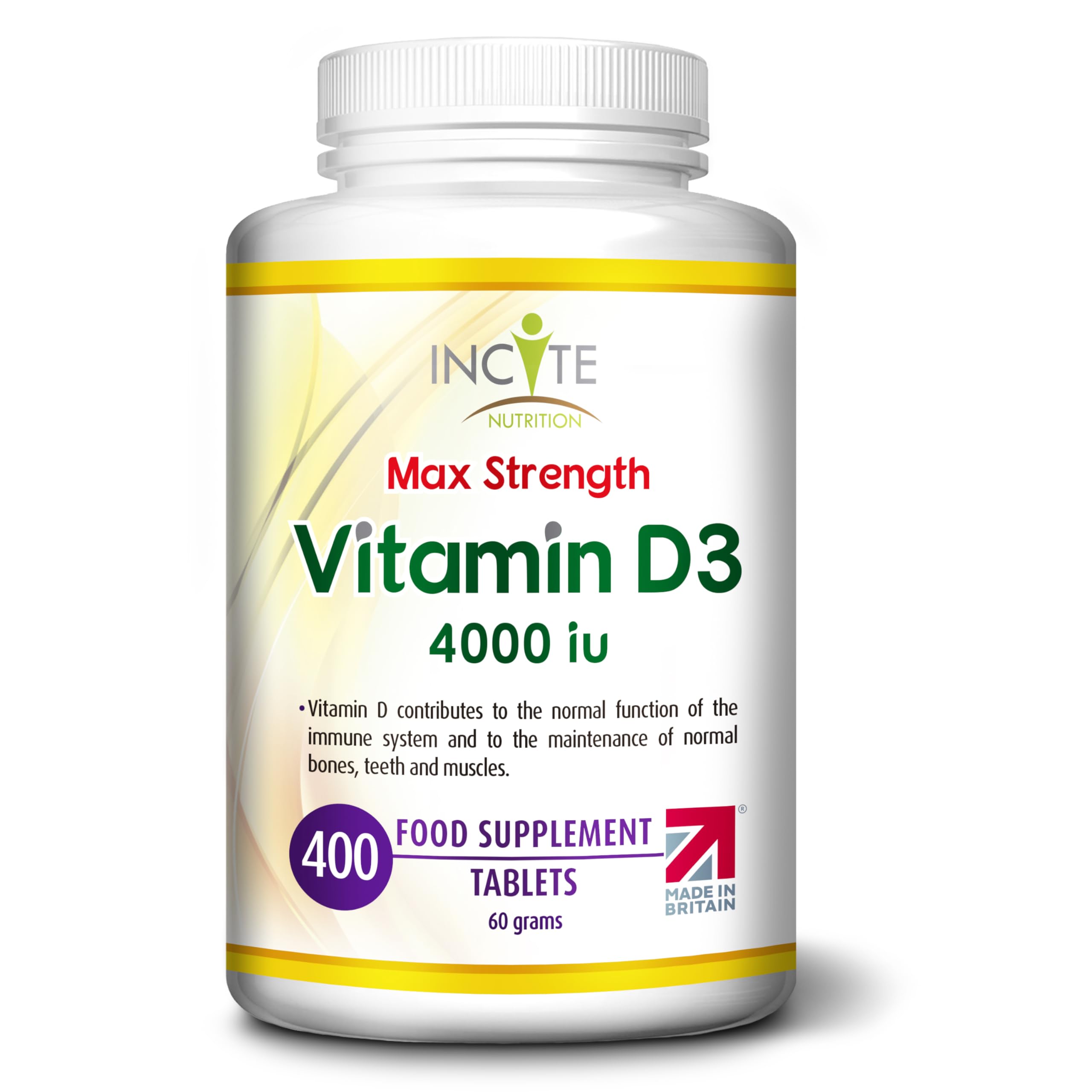
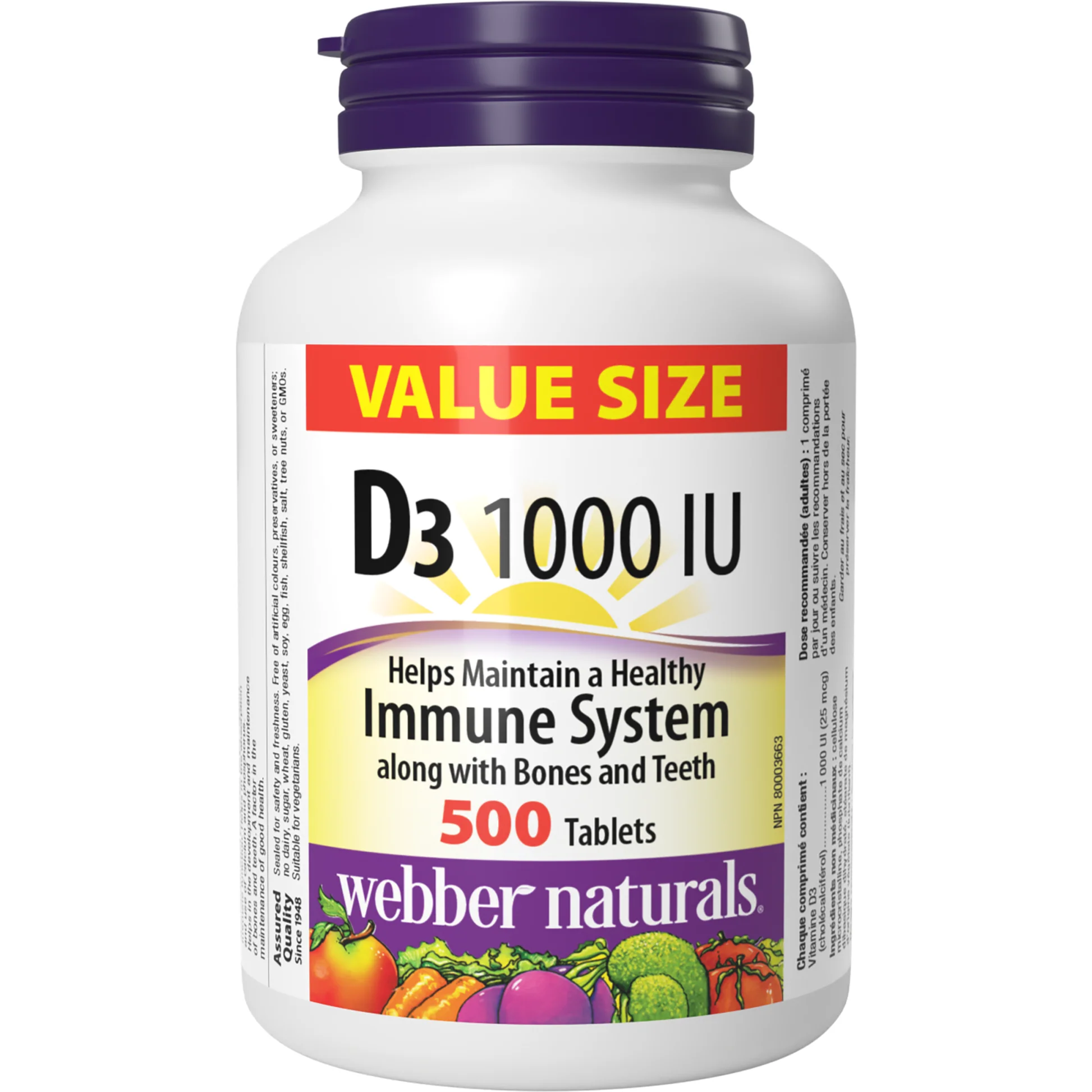

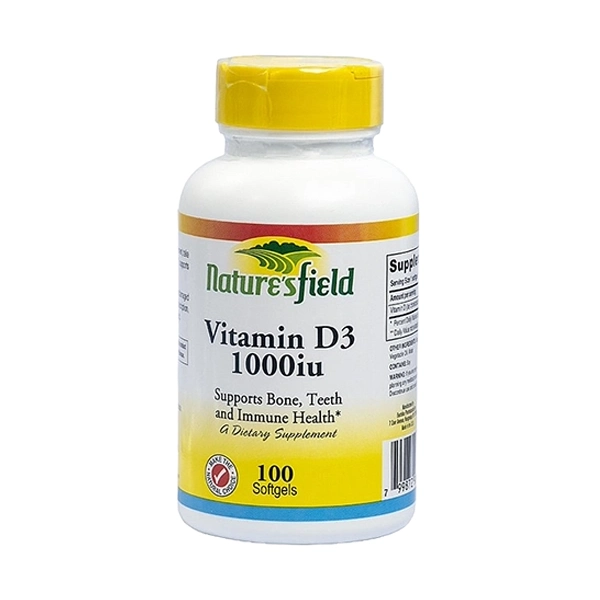
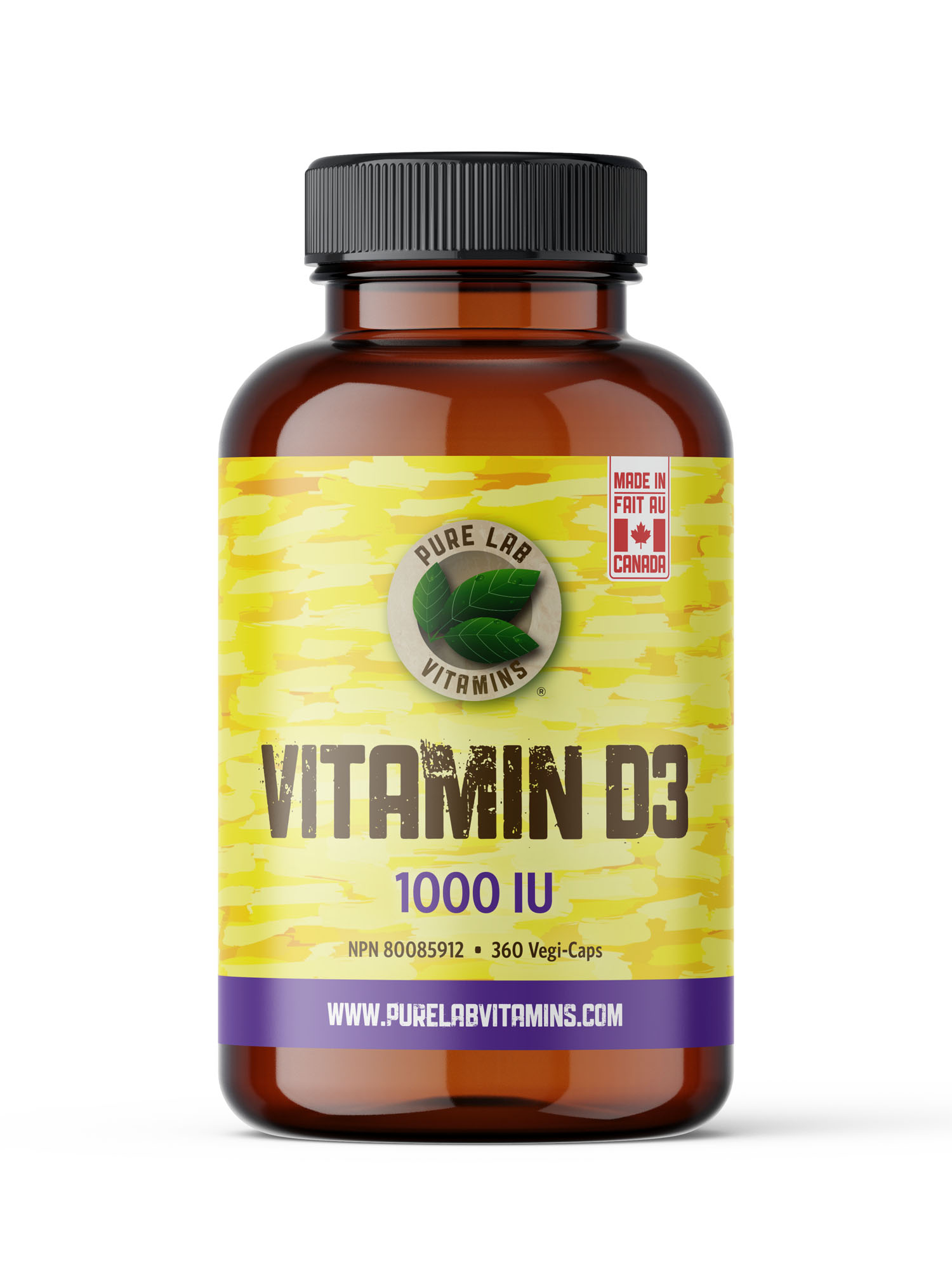
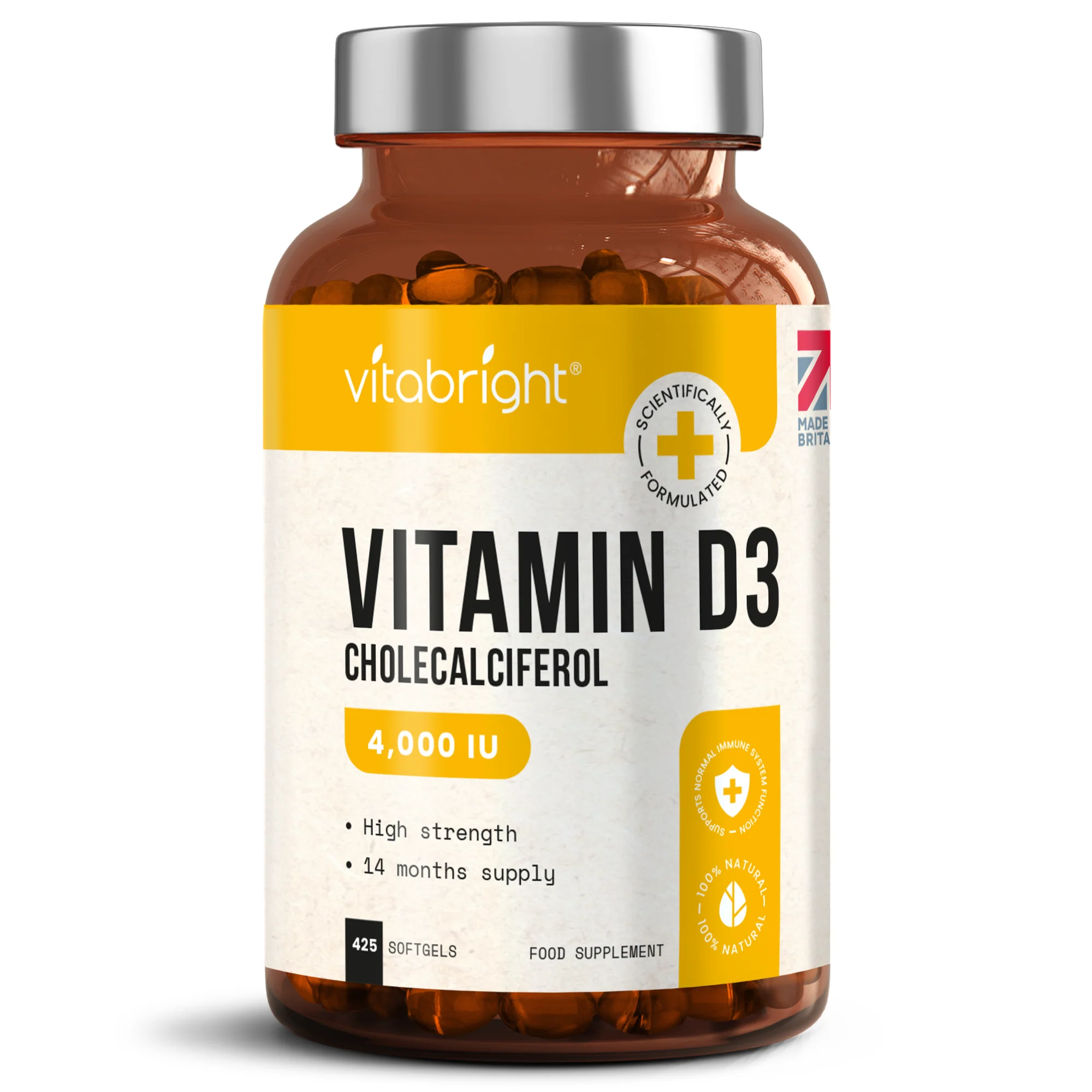



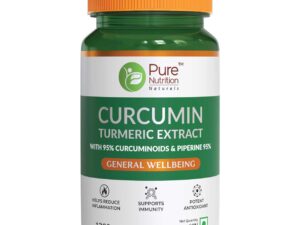
Reviews
There are no reviews yet.